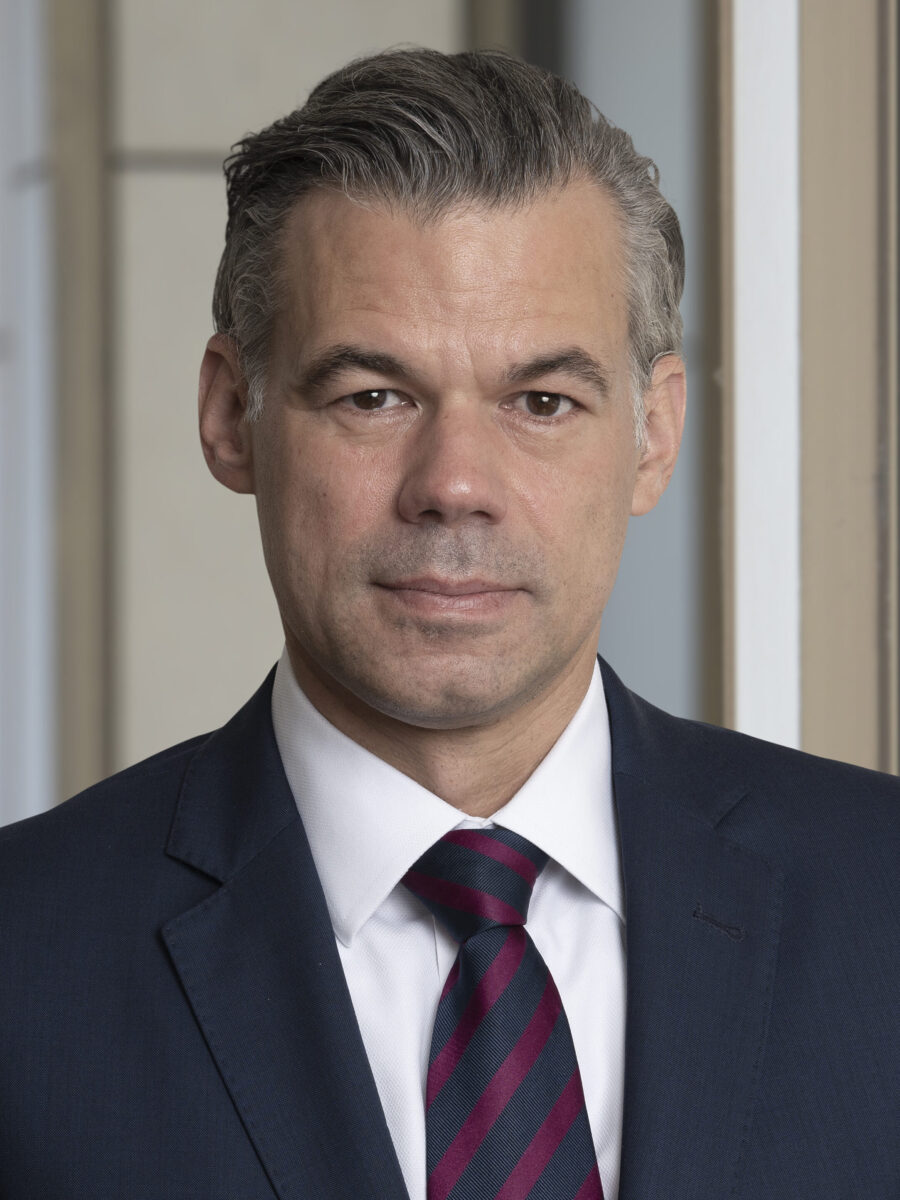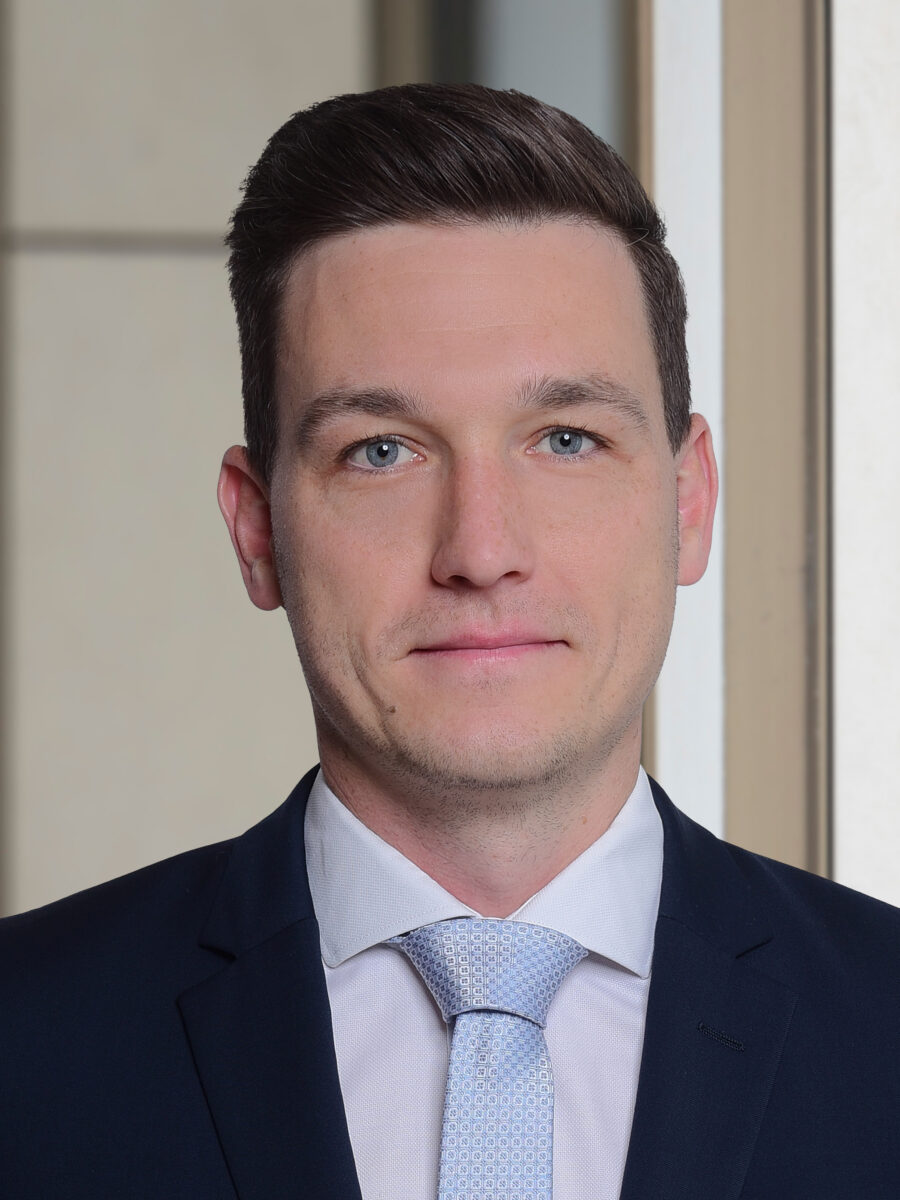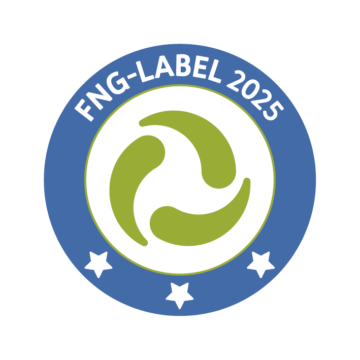Investment Strategy
The Berenberg Sustainable Multi Asset Dynamic aims to achieve long-term value growth while taking into account a sustainable investment objective with a positive impact on environment and society. To this end, the fund management identifies attractive equities and bonds that actively contribute to the solution of global challenges. To achieve this investment objective, the fund invests globally in companies whose products and services have a positive impact on our environment and society. The fund is broadly diversified and the tactical allocation of the various asset classes is actively managed.
- Dynamic investment approach with focus on positive impact and sustainable growth
- Active positioning against a mixed market benchmark
- Maximum equity allocation of 90%
- The investment universe comprises mainly single securities
Learn more about our Berenberg Multi Asset investment philosophy
Fund data
| ISIN | LU2393249169 |
|---|---|
| WKN | A3C4GQ |
| Inception date | 06.12.2021 |
| Issue price (23.04.2025) | 88.11 EUR |
| Redemption price (23.04.2025) | 83.91 EUR |
| Fund volume | 7.55 Mio. EUR |
| Share class volume | 3.60 Mio. EUR |
| Currency Fund / Share Class | EUR / EUR |
| Minimum investment | - |
| Asset Manager | Joh. Berenberg, Gossler & Co. KG |
| Management company | Universal-Investment-Gesellschaft mbH |
| Custodian | BNP Paribas S.A. Niederlassung Deutschland |
| Use of income | Distributing |
| End of financial year | 31.12. |
| Registration and Distribution | DE, LU |
| SFDR Classification (Sustainable Finance Disclosure Regulation) | Article 9 |
Costs
| Issue surcharge | Up to 5.00% |
|---|---|
| Flat-rate fee p.a. | 1.56% |
| Total Expense Ratio (TER) p.a. | 2.06% |
| Performance fee | none |
Chances and risks
| Chances | Risks |
|---|---|
| Above-average return potential by exploiting investment opportunities across regions and asset classes, with a focus on attractive market segments | Substantial fluctuations in value and significant price losses possible |
| Dynamic weighting of asset classes in line with the current market environment | Currency losses due to exchange rate fluctuations |
| Fulfillment of Berenberg ESG and Impact criteria is a condition for security selection | Limited participation in positive performance of individual bond segments due to broad diversification and negative selection effects in individual security and fund selection |
| Stabilization of assets in negative capital market phases through professional risk controlling |
Further details on the opportunities and risks of this fund can be found in the sales prospectus.
Indexed performance
Performance in 12-month periods
Monthly performance
| Year | Jan | Feb | Mar | Apr | May | Jun | Jul | Aug | Sep | Oct | Nov | Dec | YTD |
|---|---|---|---|---|---|---|---|---|---|---|---|---|---|
| 2021 | - | - | - | - | - | - | - | - | - | - | - | 1.42 | 1.42 |
| 2022 | -8.63 | -3.38 | 2.36 | -4.00 | -2.63 | -5.26 | 7.37 | -4.60 | -5.34 | 2.27 | 3.67 | -4.81 | -21.69 |
| 2023 | 3.16 | -0.28 | 1.79 | 0.43 | 1.44 | 0.11 | 1.08 | -1.26 | -2.45 | -3.27 | 5.81 | 3.17 | 9.80 |
| 2024 | 1.08 | 2.16 | 1.48 | -2.37 | 2.38 | 1.10 | 0.65 | 1.19 | -0.50 | -2.83 | 1.72 | -1.41 | 4.55 |
| 2025 | 2.57 | -1.63 | -6.04 | - | - | - | - | - | - | - | - | - | -7.96 |
Source: Berenberg, Management company
The charts and tables regarding performance shown here are based on own calculations according to the method developed by the German Investment Funds Association (BVI). They illustrate past performance. Future performance can deviate both positively and negatively from these calculations. Gross performance (BVI method) takes into account all charges at fund level (e.g. management fee), net performance plus the issue surcharge. Additional charges can arise for individual investors (e.g. custody account fees, commissions and other fees). Model calculation (net): An investor wants to purchase fund units for EUR 1,000 EUR. Considering a max issue surcharge of 5.00% he has to payEUR 50.00 for the purchase. Also, fees may be charged for the administration of the safe custody account, which will lower the performance. Past performance is not a reliable indicator of future performance.
Performance after issue surcharge
| 1 year | -6.47% |
|---|---|
| 3 years | -5.10% |
| since inception | -16.09% |
Source: Berenberg, Management company | State: 23 Apr 2025
Risk figures
| Volatility - 1 year | 9.78% |
|---|---|
| Volatility - 3 years | 9.78% |
| Sharpe Ratio - 3 years | -0.43 |
| Maximum Drawdown - since inception | -23.09% |
Currencies
Asset classes
Top Holdings
Equities - Sectors
Equities - Countries
Bonds - Sectors
Bonds - Countries
Monthly market comment
Political issues continued to drive markets in March. In Europe, optimism was initially fuelled by the surprisingly expansive fiscal package of the future German government. However, as the month progressed, macroeconomic developments increasingly took centre stage. New tariff announcements and weaker US leading indicators weighed on market sentiment and increased uncertainty. The Stoxx Europe 50 closed the month down 4.1 %, the S&P 500 lost 5.6 % and the Nasdaq fell 7.6 %. While yields on 10-year US Treasuries were broadly stable, yields on 10-year German government bonds jumped 33 basis points (bp), the largest increase since reunification in 1990, on the back of the planned fiscal package. Spreads on European investment grade bonds widened by 5 bp, while spreads on European high yield bonds widened by 40 bp. As a safe haven, gold benefited from the increased uncertainty and ended the month at a new all-time high, up 9.3%. The USD depreciated by about 4% against the EUR in March.
Portfolio Management

Oliver Brunner
Oliver Brunner, CIIA, heads the portfolio management department (core strategies) at Berenberg. He has been working in private asset management since 2007. In addition to overall responsibility for the core strategies and 1590 fund family, the graduate industrial engineer manages large special mandates for foundations, church institutions and private clients with special requirements. He completed his studies at the end of the 1990s at the Technical University of Karlsruhe; in 2006 he passed the part-time examination to become a Certified International Investment Analyst (CIIA). From 2000 to 2007, he was portfolio manager and equity analyst at Baden-Württembergische Bank AG in Stuttgart.

Moritz Immel
Moritz Immel has been with the company since January 2024. As a portfolio manager in the Multi Asset Team, he is jointly responsible for sustainable and high-dividend strategies. After completing a bachelor's and master's degree in industrial engineering at TU Darmstadt, Moritz Immel worked for 3.5 years at Lupus alpha Asset Management AG in Frankfurt. As a product manager, he looked after the small & mid cap, convertible bond, CLO and derivative-based strategies and was responsible for the (further) development of the respective ESG strategies. Moritz Immel is a CFA charterholder and certified ESG analyst (CESGA).
CO₂-Intensity
The fund does not actively manage its carbon footprint, however, emissions data such as CO2 intensity are relevant parameters which can be used to assess the efficient management of a company and the extent of transition risks.
ESG Score
The data provider MSCI ESG uses an ESG score of 0 to 10 to assess the management of material ESG risks of portfolio holdings compared to competitors.
ESG Controversies Screen
Investments in the fund are monitored for ESG controversies and, with the help of MSCI ESG data, flagged according their severity. Thereby, potential ESG risks of investments are identified. In the case of an orange flag (severe controversy), we enter into an active exchange with the company. In the case of a red flag (very severe controversy), the company is excluded.


